2GEM: Second Generation of European Migrants
Why this project?
According to statistics, migration to EU countries has increased rapidly in the last two decades. The so-called second and 1.5 generation of migrants occupy a specific position in the group of newcomers. The project aimed to equip these two generations of migrants with the required skills and competences to function as intercultural workers, to connect their own community with local people and to thus contribute to the better integration of future newcomers.
The 2GEM project focused on two generations of newcomers. The term “1.5 generation” refers to migrants who came to a new country before or during their early adolescence. This generation represents a very specific group, because they brought customs from their home country, but at the same time they adapted to the new country and so, they grow up on the border between two cultures.
People from the “second generation” of migrants therefore differ in many ways from the rest of their community, such as them having been born in a new country. Unlike their parents, they often consider the country in which they were born to be their home. The second generation of migrants is also fully integrated into society – they speak the language of the host country fluently and they spend most of their time in the local environment (schools, friendship groups, etc.).
Both of these groups occupy a unique position in the migrant community. Their position on the border between two cultures can cause conflicts between the generations, but it can also bring a unique opportunity with great potential. The 2GEM project has seized the opportunity to realise this potential and seeks to help 1.5 and second-generation migrants acquire the necessary skills and knowledge to function as intercultural workers and thus contribute to the better integration of newcomers and first-generation migrants.
Aim
The main GOAL OF THE PROJECT was to equip the 1.5 and second-generation migrants with skills, competences, and knowledge necessary to act as intercultural workers within their communities by building on their unique cultural assets. As such, they are able to serve as a link between the migrant community and local people, thereby contributing to better integration of the newcomers, and the first-generation migrants. The opportunity to educate this target group for intercultural work aptly responds to increasing demand for qualified intercultural workers who would help migrant communities in their local context.
Target groups
The projectwas addressed to the following KEY TARGET GROUPS:
- 5 and second generation migrants;
- professional trainers, social workers, teachers and volunteers working with migrants;
- institutions and associations working with migrant integration, job counsellors, policy makers and authorities responsible for social integration.
The term 1.5 generation refers to “people who immigrate to the new country before or during their early teens”. The members of this generation represent a very specific group, as they bring with them characteristics from their homeland, but continue their assimilation in the new country.
On the other hand, a member of the second generation is “a person who was born […] in a country that at least one of their parents previously entered as a migrant”. Unlike their parents, the second-generation migrants are usually already fully integrated into the majority society.
As these individuals have an inimitable set of competencies arising from their migrant background, they may work as bridge builders with majority society, a task which cannot be done satisfactorily by the first-generation immigrants due to their linguistic and cultural barriers.
Results
The authors of the project were gradually working on several outputs. They compiled a detailed overview of available information on the issue of 1.5 and second-generation migrants and intercultural work. Next, they created guides for trainers and teachers on how to run a course for intercultural workers. With the help of this guide, teachers learned how to transfer knowledge effectively. An important output was the training program for intercultural workers of migrant origin from 1.5 and second generations. This program provided them with both theoretical and practical skills needed for the job, as well as opportunities for further vocational training.
“All project outputs are available on the web platform in the form of a freely accessible innovative online course, which is full of interactive videos, presentations or webinars. It is available to everyone, and therefore also to various non-profit organisations and social workers,”
Innovation
With its innovative and international approach the project had positive impact on all its target groups, enabling 1.5 and second generation migrant individuals become the perfect accelerators for changes within the migrant communities and, as a result, within the whole society, in relation to migrant integration. The project also provided trainers, social workers and volunteers working with migrants with an innovative set of resources that enriched their working strategies and expanded their knowledge of 1.5 and second generation migrants’ unique cultural assets.
The partnership of the six countries: Finland, Poland, Bulgaria, the Czech Republic, the United Kingdom and Italy, benefits from the geographical spread across Europe as well as from the diversity of the individual organisations. Thanks to diverse specialisations, education systems as well as cultures and contexts in general, the 2GEM project can bring both a unique national perspective and an interconnected European perspective.
Multiplier Events and other activities
In each partner country, multiplier events disseminating the developed results were organized.
The project final conference took place in Finland in 2022.
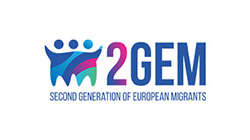
Project duration:
November 2020 – October 2022

More information:
Project coordinator
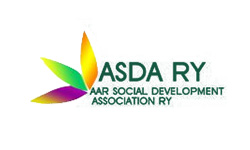
AAR SOCIAL DEVELOPMENT ASSOCIATION(ASDA) RY
Finland
Project partners
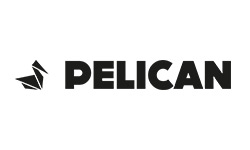
Pelican Language School
The Czech Republic
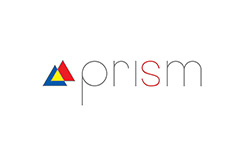
Promozione Internazionale Sicilia-Mondo
Italy
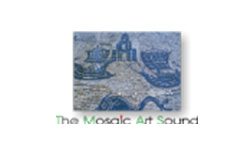
The Mosaic Art And Sound Ltd
Great Britain
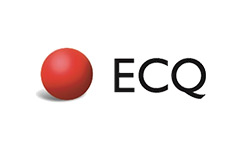
European Center for Quality
Bulgaria

Fundacja Rozwoju Aktywności Międzynarodowej i Edukacyjnej – FRAME
Poland
Contact the project supervisor
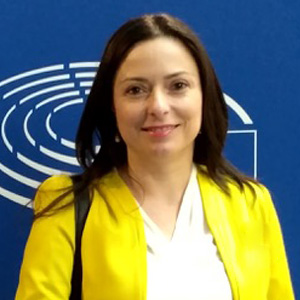
Marta Kędzia
mkedzia(at)euframe.eu
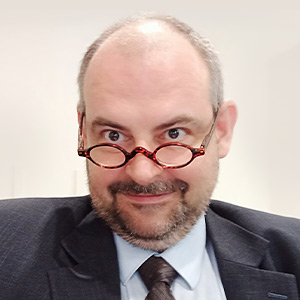
Adam Gogacz
adam(at)gogacz.eu

